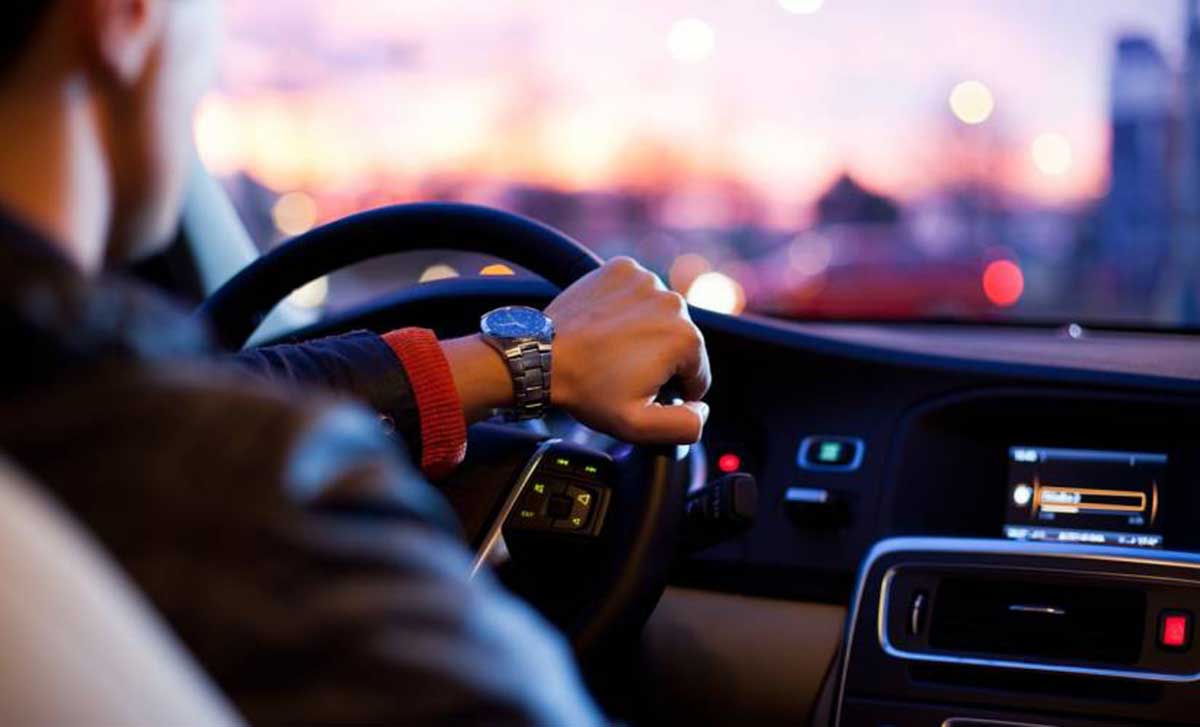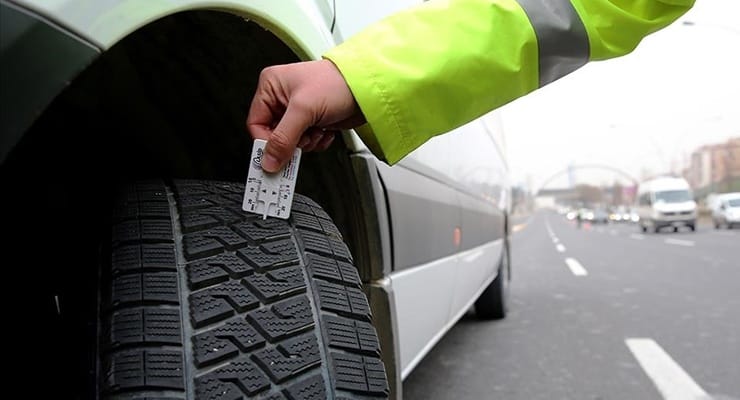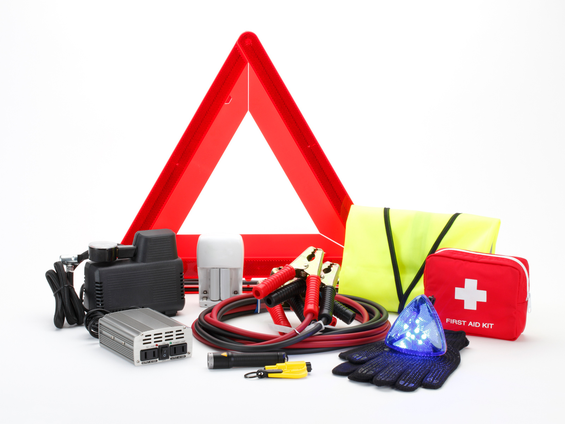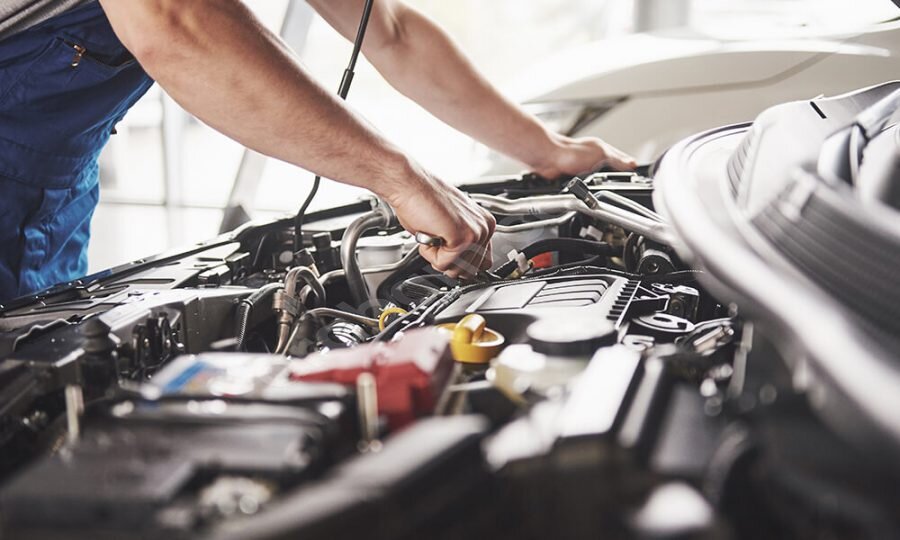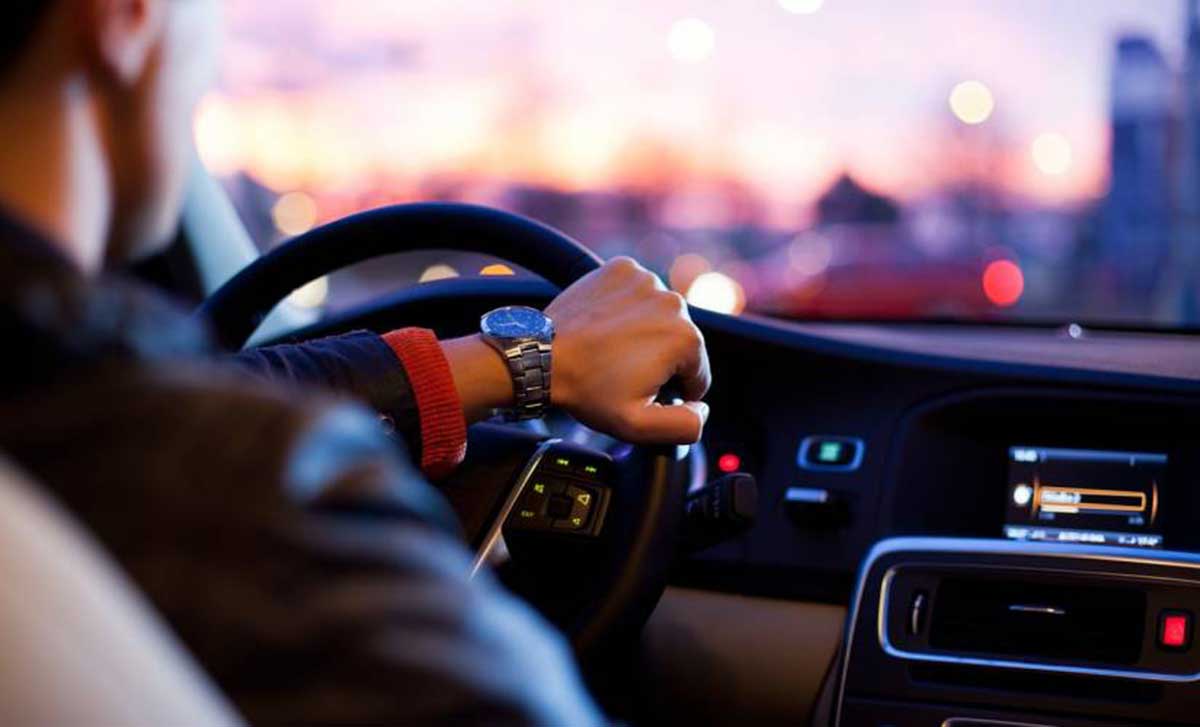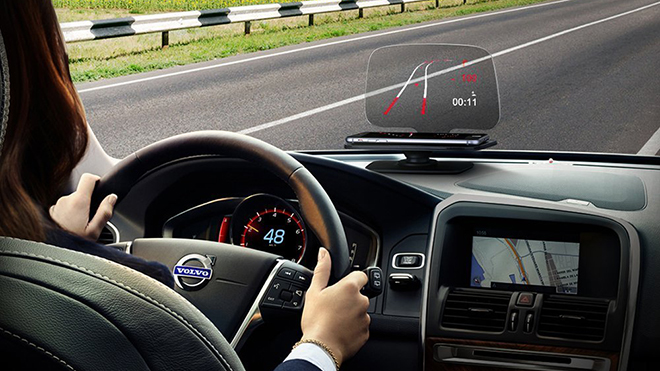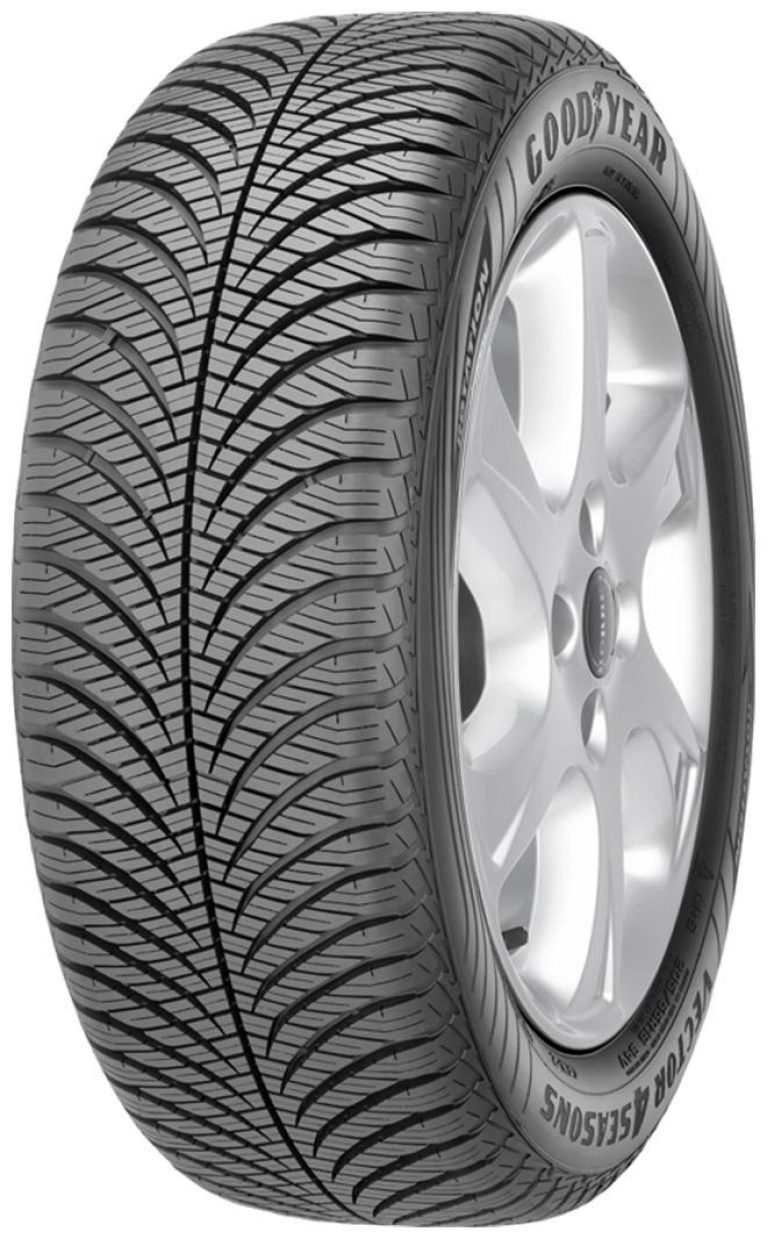How Are Traffic Fines and HGS/OGS Fees Processed in a Rental Car?
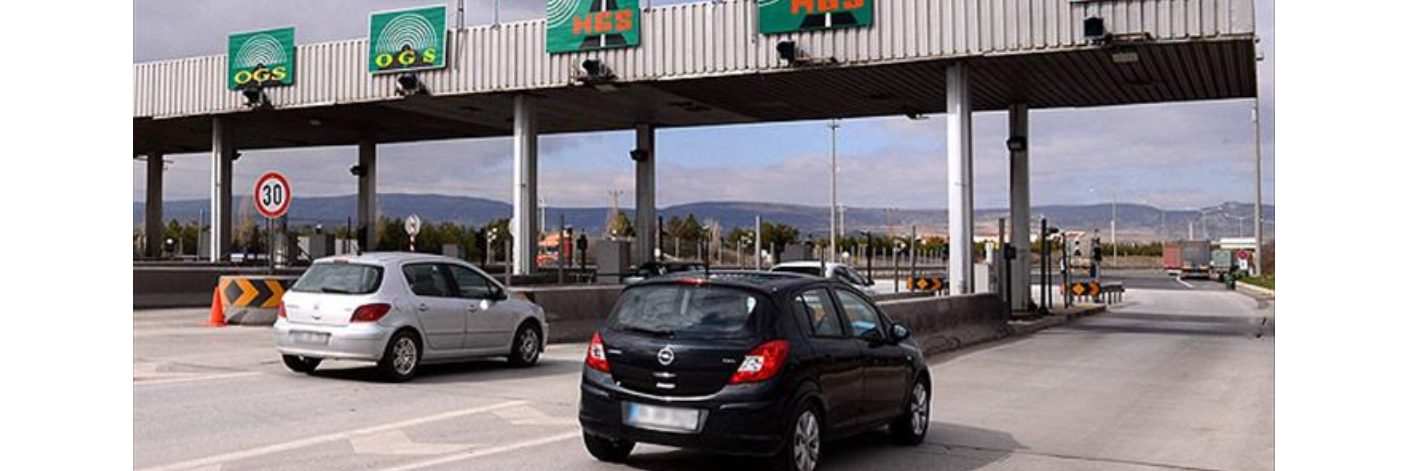
Car rental is one of the most practical solutions that provides comfort and freedom for both urban and intercity travel. However, among the situations you may encounter while using a rental vehicle are traffic fines and toll charges via HGS/OGS. Many drivers wonder: “What happens if I get a fine with a rental car?” or “How are HGS tolls processed?” In this article, we will examine in detail how traffic fines and highway fees are handled for rental cars, who is responsible, and Eurauto’s practices on these matters.
What Happens If You Get a Traffic Fine with a Rental Car?
Traffic violations committed with a rental vehicle are detected by license plate, just as with a privately owned car. In cases such as electronic enforcement system (EDS), radar, or parking violations, fines are issued directly to the vehicle’s plate. Since the car rental company is registered as the vehicle owner in the system, the fine notification first reaches the company.
Professional rental companies like Eurauto match the fine to the relevant driver in their system as soon as they receive it. Based on the rental dates and times, the company determines which customer the fine belongs to. The fine document is then sent to the user via email or SMS so that the driver is informed quickly.
Traffic fines are usually handled in two ways: Some companies pay the fine on behalf of the user and charge the registered credit card as stated in the rental agreement; others inform the user and ask them to pay the fine themselves. Prioritizing customer satisfaction, Eurauto notifies the customer and provides guidance during the payment process.
How Are HGS and OGS Toll Fees Charged for Rental Cars?
Highway and bridge crossings made with rental vehicles are automatically recorded via the Fast Pass System (HGS) or the Automatic Pass System (OGS). Most rental cars are already equipped with these systems. When you pass through, the fee is automatically deducted from the rental company’s HGS/OGS account.
Eurauto transparently reflects HGS and OGS crossings to its users. All crossing information is recorded in the system and a detailed statement is provided to the user at the end of the rental. If a penalty crossing occurs due to insufficient balance or a system error, the corresponding amount is billed to the customer when it reaches the company within the legal period.
HGS/OGS fees are generally calculated by the date of crossing after the rental and charged to the customer’s credit card. This system ensures transparency and prevents surprise payments later on. Thanks to Eurauto’s digital infrastructure, crossing data can automatically be viewed in the customer’s profile.
What Are the Driver’s Responsibilities in the Rental Agreement?
For rental cars, all legal violations such as traffic fines, parking violations, exceeding speed limits, or entering prohibited areas are the responsibility of the renting driver. This is clearly stated in the rental agreement. Therefore, drivers accept this responsibility when they take delivery of the vehicle.
The main points drivers should pay attention to include obeying speed limits, observing parking rules, and ensuring toll fees are paid on time. In addition, if a fine notification is received, it is up to the driver to carry out the necessary procedures within the legal objection period.
Before the agreement is signed, Eurauto informs all users about these responsibilities. Thus, customers experience no uncertainty in the event of fines or charges. This approach is crucial for both trust and transparency.
How Are Fines Notified and Collected from the Driver?
Fines incurred with rental vehicles typically appear in the e-Government or Police systems within a few days. When the vehicle owner company accesses this information, it compares the date and time of the fine with rental records. The relevant customer is then informed based on the match.
Notification is usually made via email, SMS, or app notification. The user is then offered a payment method. If the company has already paid the fine, the amount is charged to the customer’s registered credit card. Otherwise, the customer can pay the fine directly through the e-Government system.
Eurauto digitizes this process end-to-end to prevent loss of time. All information regarding fines and HGS/OGS crossings is archived under the user agreement, allowing customers to view their past transactions whenever they wish.
How Are Traffic Fines and HGS Processes Handled at Eurauto?
Eurauto follows a customer-first rental policy. It conducts a fully transparent information process regarding traffic fines, HGS/OGS crossings, and other additional fees. Customers can view all charges incurred after the rental in detail.
In the Eurauto system, fines and toll fees are automatically matched with the relevant rental record. Users can choose to receive this information via email or view it from their customer panel. Crossing dates and fine amounts are presented in itemized statements.
This system ensures maximum transparency for both the driver and the company. As a result, customers do not encounter any unexpected charges during business trips, city driving, or long-term rentals. Thanks to Eurauto’s robust digital infrastructure, all fines, crossings, and payments are securely recorded.
In conclusion, all traffic violations or highway crossings made with a rental car fall under the user’s legal responsibility. However, Eurauto simplifies these processes, saves drivers time, and manages everything in a fully transparent way.
How to Pay a Speeding (Radar) Fine or Parking Fine in a Rental Car?
Drivers are most curious about speeding (radar) fines and parking fines when using a rental vehicle. Speeding fines are generally detected by automated systems when the speed limit is exceeded and are issued to the vehicle’s plate. For rental cars, these fines are notified to the rental company to which the vehicle is registered and then passed on to the user.
Eurauto operates a fully transparent process regarding speeding fines. The date, time, location, and amount of the violation are recorded in the system and shared with the customer via SMS or email. The driver may choose to pay the fine themselves, or if the company pays it, the amount can be charged to the credit card.
Parking fines are processed similarly. Since parking fines issued by municipal enforcement units are tied to the plate, the notification again reaches the company. Eurauto informs the user about parking fines just as with traffic fines and ensures payment is made within the legal period. This system prevents delays and protects the user from potential interest or additional costs.
What Happens If the HGS Balance Is Insufficient?
The Fast Pass System (HGS) eliminates the need for manual payment at highway and bridge tolls. However, insufficient balance may occasionally result in penalized crossings with rental vehicles. In this case, the crossing is recorded as penalized in the HGS system, and if payment is not made within a certain time, an additional fee is applied.
Eurauto manages this process automatically on behalf of drivers. Crossings related to the rental period are checked daily. If a penalized crossing is detected, the user is informed and, once the amount is reflected in the system, it is charged to the credit card. This prevents fines from increasing.
To avoid insufficient balance, you should use the vehicle’s active onboard HGS system during the rental rather than any manual tag. Eurauto’s integrated HGS setup ensures all crossings are recorded correctly and the balance is topped up automatically.
Do Traffic Fines Affect the Rental Period?
Many drivers ask, “I got a traffic fine—does this affect my rental period?” Generally, traffic fines do not affect the rental period. However, the processing of a fine may continue even after the vehicle is returned, since fine data from radar or EDS systems may appear in the system with a delay of 1–3 days.
In such cases, as soon as the rental company receives the fine, it contacts the relevant user. The fine is matched to the rental period and the amount owed by the driver is communicated. Non-payment does not prevent the next rental, but if payment is not made, legal collection proceedings may be initiated.
In these situations, Eurauto supports its customers and shares all documents related to the fines digitally. If an official objection is required, Eurauto provides guidance and document support.
Fines and Toll Processing for Drivers Coming from Abroad
Tourists and business travelers coming to Türkiye from abroad frequently use car rental services. For these customers, traffic fines and HGS/OGS processes are managed differently. Since fines are issued to the vehicle owner under Türkiye’s plate system and foreign drivers generally do not have a local ID number, fines are directed to the rental company.
For foreign customers, Eurauto clearly states the fine and toll billing terms in the rental agreement. HGS crossings, highway usage data, and possible traffic fines are automatically calculated via the system and collected using the credit card information specified in the contract. This method saves foreign users from additional procedures after they return home.
Eurauto also informs foreign drivers about Turkish traffic rules—especially speed limits, parking rules, and highway use. This creates an informed driving experience and minimizes the risk of fines.
Eurauto’s Transparent Fine and Toll Notification System
Eurauto offers a safe, fair, and transparent service approach. All fines and HGS/OGS crossings incurred during the rental are automatically tracked through an advanced digital infrastructure. Thanks to this system, users can easily view their own crossing and fine information.
Where Eurauto makes a difference is its principle of “notifying fines in advance.” When a new fine is detected in the system, the customer is informed immediately. This way, the user learns the reason for the fine and can pay it on time to avoid additional costs.
Moreover, Eurauto keeps all fine and toll notifications in a digital archive. If the user wishes, they can review documents and payments related to past rental periods. This transparent system increases customer satisfaction and reinforces reliability.
In short, although traffic fines and highway tolls with rental cars may seem complicated, everything is managed transparently, quickly, and smoothly thanks to Eurauto’s digital systems. All drivers need to do is drive safely and follow the rules.

